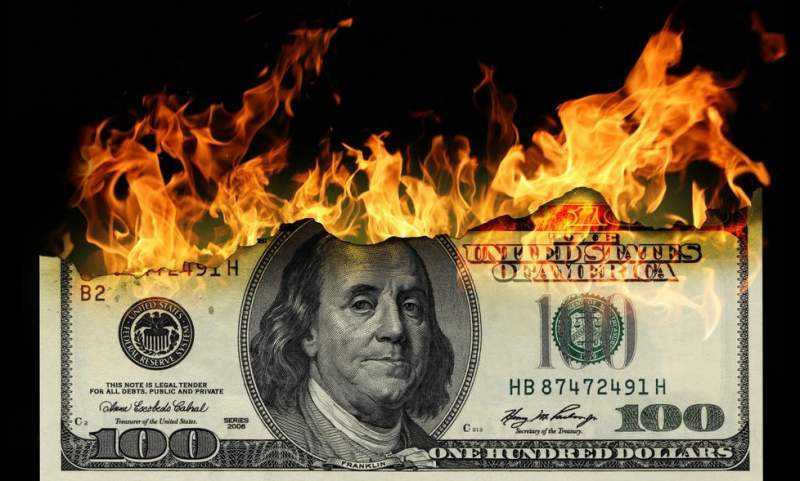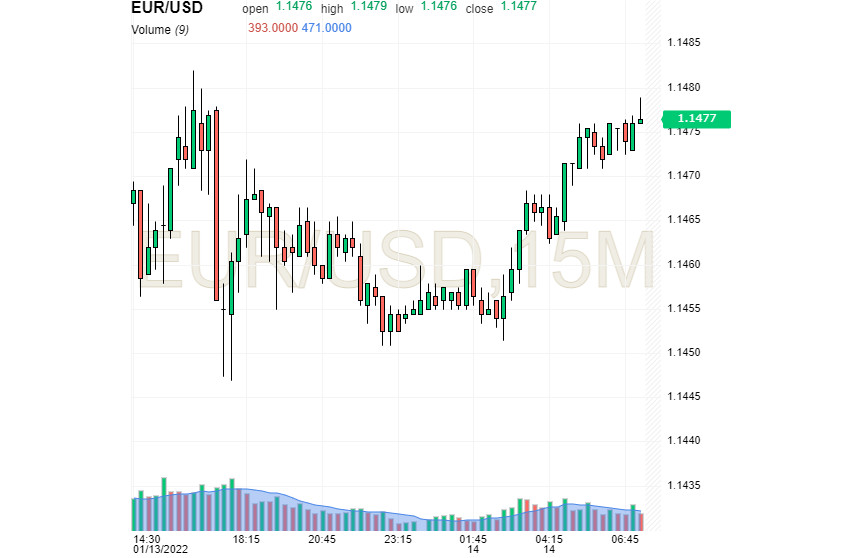
The US currency has to fight the collapse again at the end of the week, resisting the negative impact of several factors, including the problem of macro statistics. Nevertheless, experts are confident that it will recover without much loss.
For a long time, this currency remains hostage to high US inflation. It can be recalled that the December macro statistics showed the highest core inflation over the past 40 years. The recent US CPI excluding food and energy in annual terms was 5.5%, which is higher than November's 4.9%. Current macro reports have shown that the expectation of the Fed's decisive action has reached a peak. The current situation practically sharply affected the US dollar, which is trying to resist the impact of negative factors.
It has now suffered significant losses, including a key technical breakthrough in the EUR/USD pair. On Thursday, the classic pair broke the resistance line around 1.1386, which limited the actions of the EUR/USD pair since November 2021. The reason for this is the sharp weakening of the US currency, recorded after the release of the December CPI. On Friday morning, the EUR/USD pair was trading at the level of 1.1477, trying to keep its won positions.

Experts consider the level of 1.1500 to be the next important resistance area for the pair. This is the previous low of the EUR/USD pair recorded before its massive collapse last November. The current situation is much the same. Today, the US dollar hit its biggest weekly drop in eight months. The reason for this is a sharp reduction in long positions on the USD and the markets taking into account several Fed rate hikes in its price.
According to analysts, expectations of decisive action from the Fed do not matter much for the US dollar. Earlier, the US currency collapsed amid a sharp rise in the price of a number of commodities. The only "trump card" it has now will be another search for a safe haven if risk sentiment changes dramatically. The dynamics of this currency are significantly affected by inflation, and most often negatively. The Fed keeps the need to outpace its growth, and this tension has a negative impact on the American currency.
However, many experts are optimistic about the US dollar's medium and long-term prospects. Specialists believe that it will systematically strengthen, alternating ups and downs. Analysts summarize that this is facilitated by the continued growth of commodities and the global asset market.





















